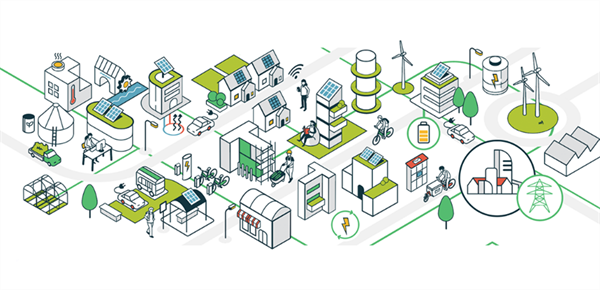by
Muhammed Raşit Çevikalp | Dec 14, 2023
Project Title: Determination of Positive Energy Districts
Project Supporter: European Union Horizon Europe, International ENPED, UPAG
Project Coordinator: Prof. Dr. Hande Demirel (Istanbul Technical University)
Project Main Topic:
The project aims to expand Positive Energy Districts (PEDs) using transportation and biogas. The Swedish RISE Institute leads this twelve-partner project, and the Istanbul Technical University is leading the Turkish team. A PED is an urban development strategy where energy consumption is reduced, and energy production is increased to minimize climate change, enabling the achievement of many Sustainable Development Goals. Within the project's scope, SWOT analysis and geographic information system-based analysis will be carried out at a district scale to develop and disseminate PEDs. The overall project goal is to demonstrate and assess methods to improve the viability of PEDs through technological and societal innovation in urban agriculture, green/waste management, and transport. Including new innovative components into PEDs enables resilient energy supply to the urban systems, including urban-rural relationships and transports within this system, by developing ethical business models based on the circularity of resources and social innovation. The innovative edge is the inclusion of innovative PED components and improving possibilities for off-grid operation to increase the robustness and viability of PEDs, utilizing viable business models and innovative types of energy carriers via recycling of energy in the food-feed system, biogas and including transports in the PED system of systems. The innovative components that are included in PEDs are other types of energy carriers via the food system of an urban system while providing ecosystem services (e.g., closing nutrient cycles, ensuring food security, mitigating climate change), improving the liveability in urban areas, and harmonize the urban-rural relationship in Sweden, Turkey, and Italy. The expected outcome is improved guidelines for extended PEDs (model of simplified systems of systems) aiming to support new and developed PEDs coupled with the creation of innovative and inclusive positive energy communities.
